
Read the Charter of Independence here.
With Millennials and Gen Zs set to outnumber Baby Boomers for the first time at tomorrow's federal election, Monash University drew in a team of experts to canvass young voters' growing power — and the magnitude of issues they care about most.
Called "Youthquake", the Faculty of Arts event illuminated key topics of concern: housing affordability, employment, climate change, inequality and health.
These are the top-five issues for young voters, according to research by the Monash Centre for Youth Policy and Education Practice.
The panel of experts agree: this means Australian political candidates need to convince young people they care about those issues, too.
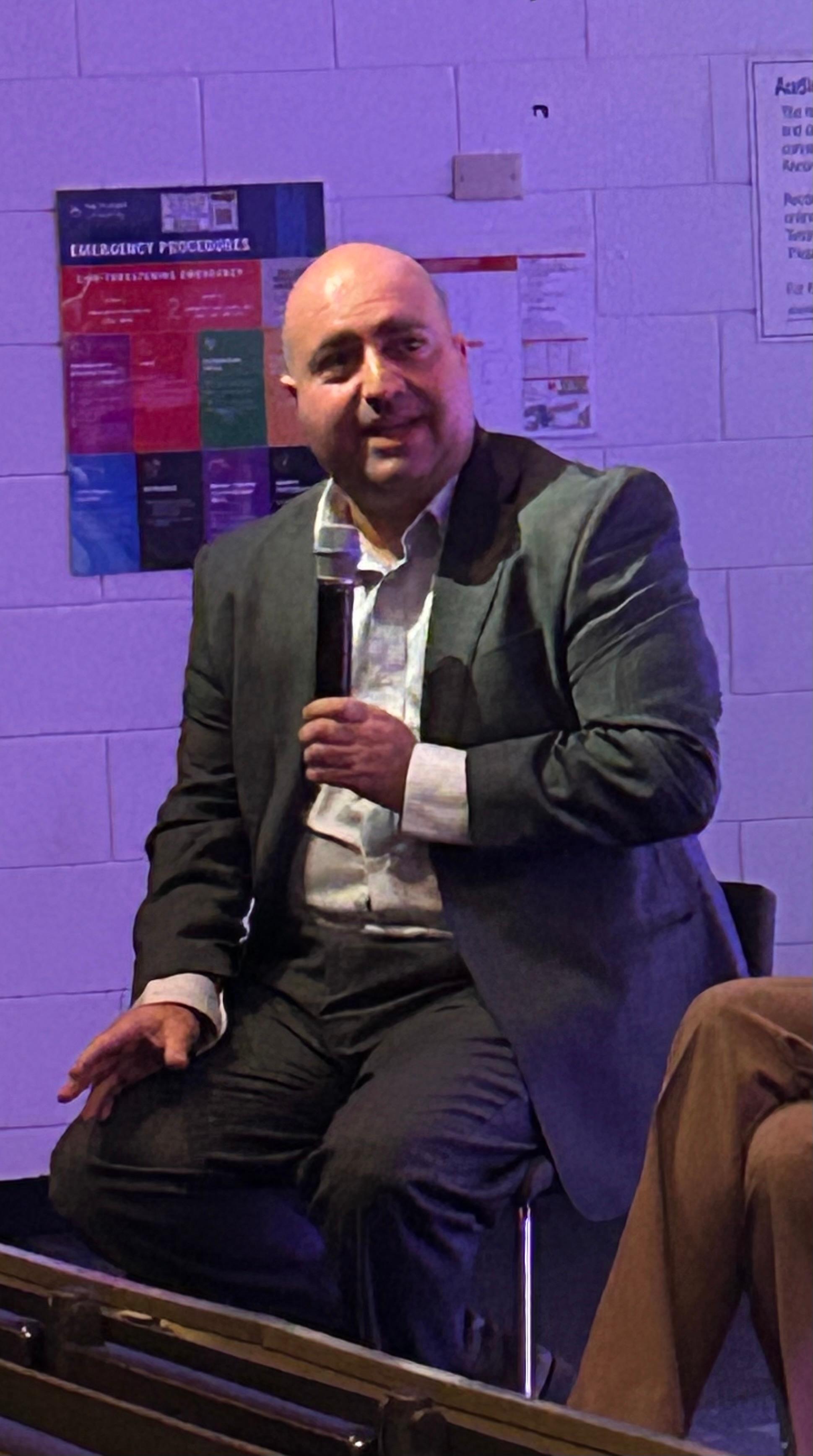
One big issue is the decline in youth engagement in mainstream politics, which Monash Senior Lecturer in Politics and International Relations Zareh Ghazarian said is due to a lack of proficient understanding of politics and governance.
As Ghazarian pointed out, “28 per cent of Year 10 students have a satisfactory understanding of politics and governance in Australia”.
He suggests that by increasing this proficiency, the engagement of young people in politics will increase too.
This led the conversation into where young people get their news from.

Senior Lecturer in Politics and International Relations Benjamin Moffitt spoke to the issues surrounding the use of podcasts as a form of information.
“The biggest story from this election was [Prime Minister] Albo appearing on Abbie Chatfield’s podcast,” Moffitt said. That demonstrated the comfortability of the campaign for our political leaders.
Moffitt said the rise in podcasting — including more satirical podcasts, such as that created by the Betoota Advocate — is changing the media landscape through which politicians engage with audiences.
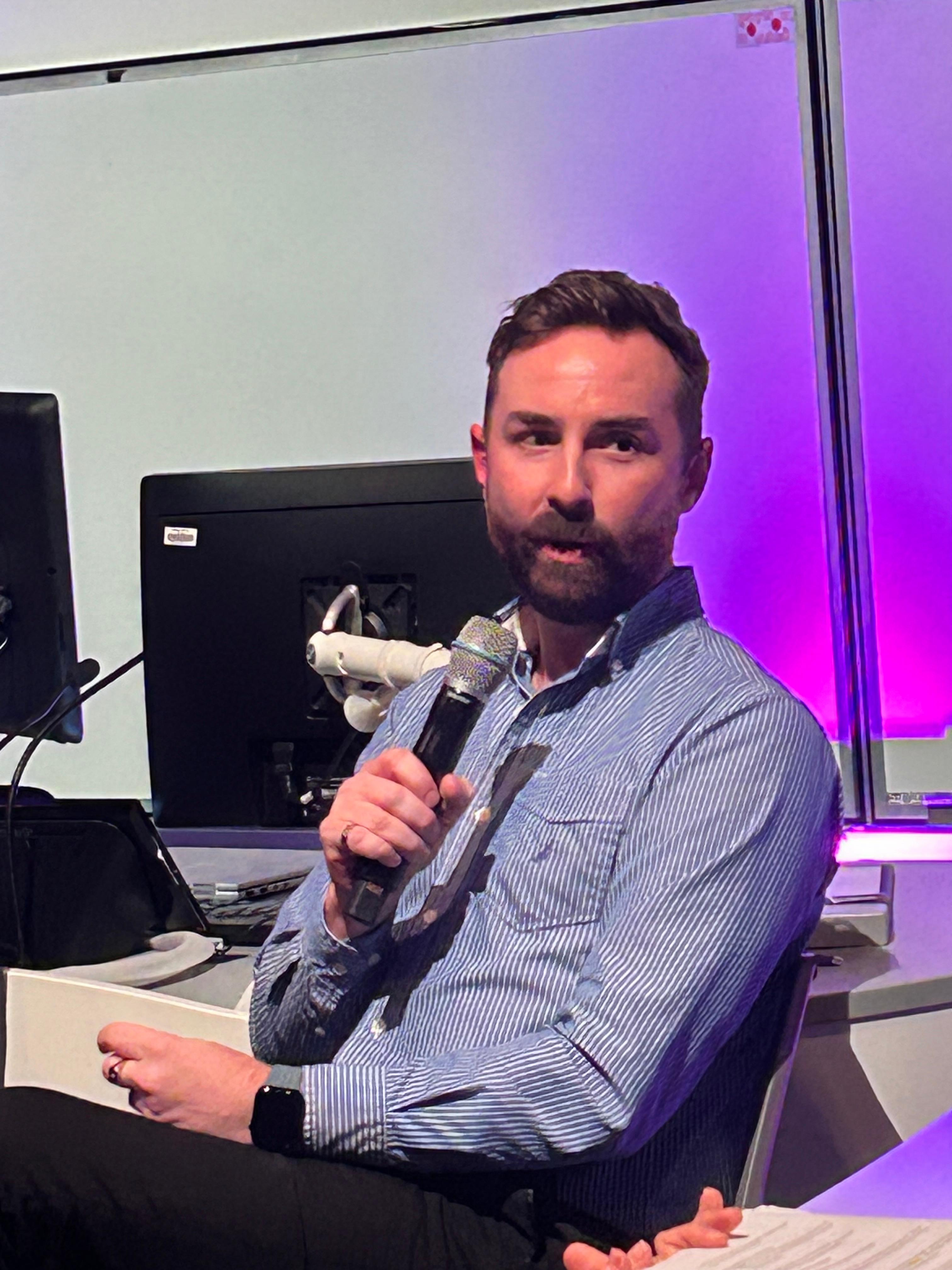
Associate Professor of Sociology Brady Robards noted the types of podcasts that Australian politicians were appearing on — and the different impact this had on audiences in Australia, compared with those in the United States.
“Australia is very different to the US in relation to young men swinging right,” Robards said.
For example, politicians such as Liberal leader Peter Dutton and businessman Clive Palmer appearing on Sam Fricker’s podcast did not have the same impact as US President Donald Trump appearing on the likes of Joe Rogan's podcast.
But he said right-wing politicians have “failed in Australia only because they aren’t very good … it’s been Pauline Hanson for quite some time, with Mark Latham challenging her there for a second”.
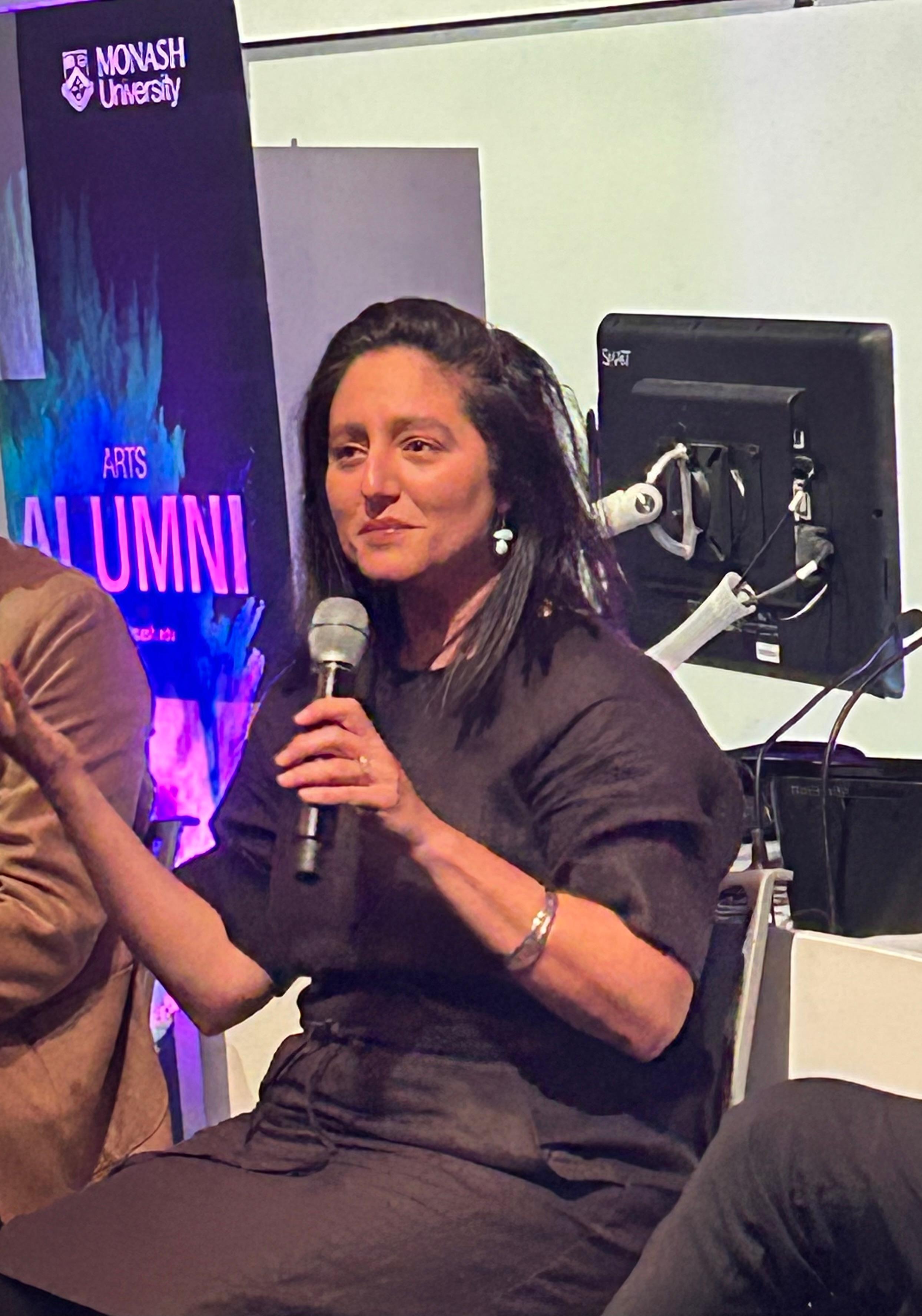
Senior Lecturer in Journalism Stephanie Brookes noted the differences between professional political journalism and other media content.
“So, if you’re going to go and sit on 7.30 on the ABC and sit with a trained professional journalist, you’re going to have certain kinds of questions, certain kinds of conversations, that perhaps would differ [from] the podcast movement,” Brookes said.
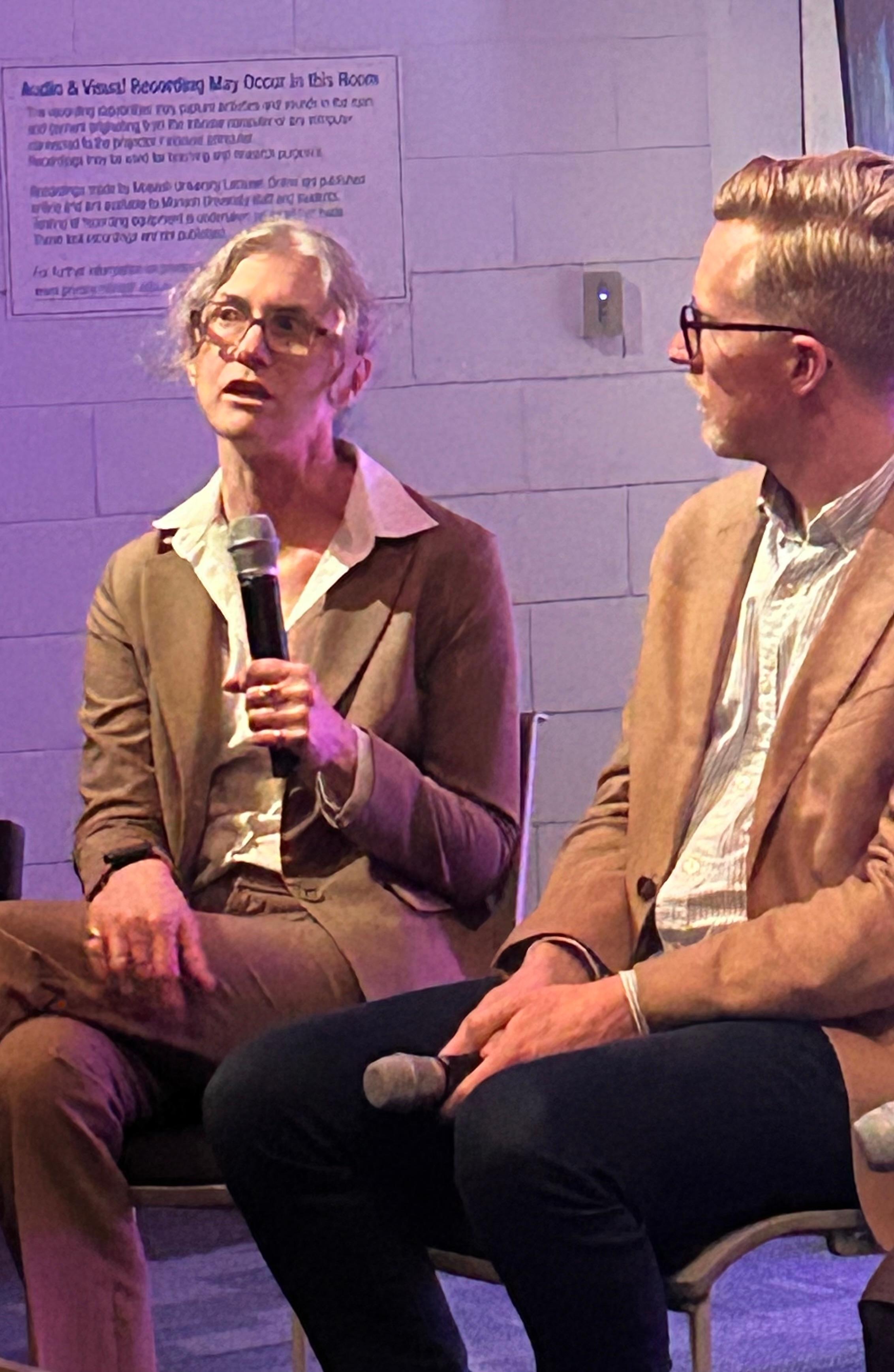
Climate change is front and centre for young voters — and yet, as Monash Climate Change Communication Research Hub deputy director Lucy Richardson pointed out, it was notably absent from this election campaign.
“At the moment, the sexy thing is cost of living, and all the things that sit around that," Richardson said.
"Discussions around climate topics are in the energy space, but energy is being reframed as a cost-of-living measure," she said.
"For example, every time Peter Dutton speaks about his nuclear, it’s 'zero-issues nuclear'", she said, so Dutton gets away without discussing climate change and can focus more on the issue of cost of living.
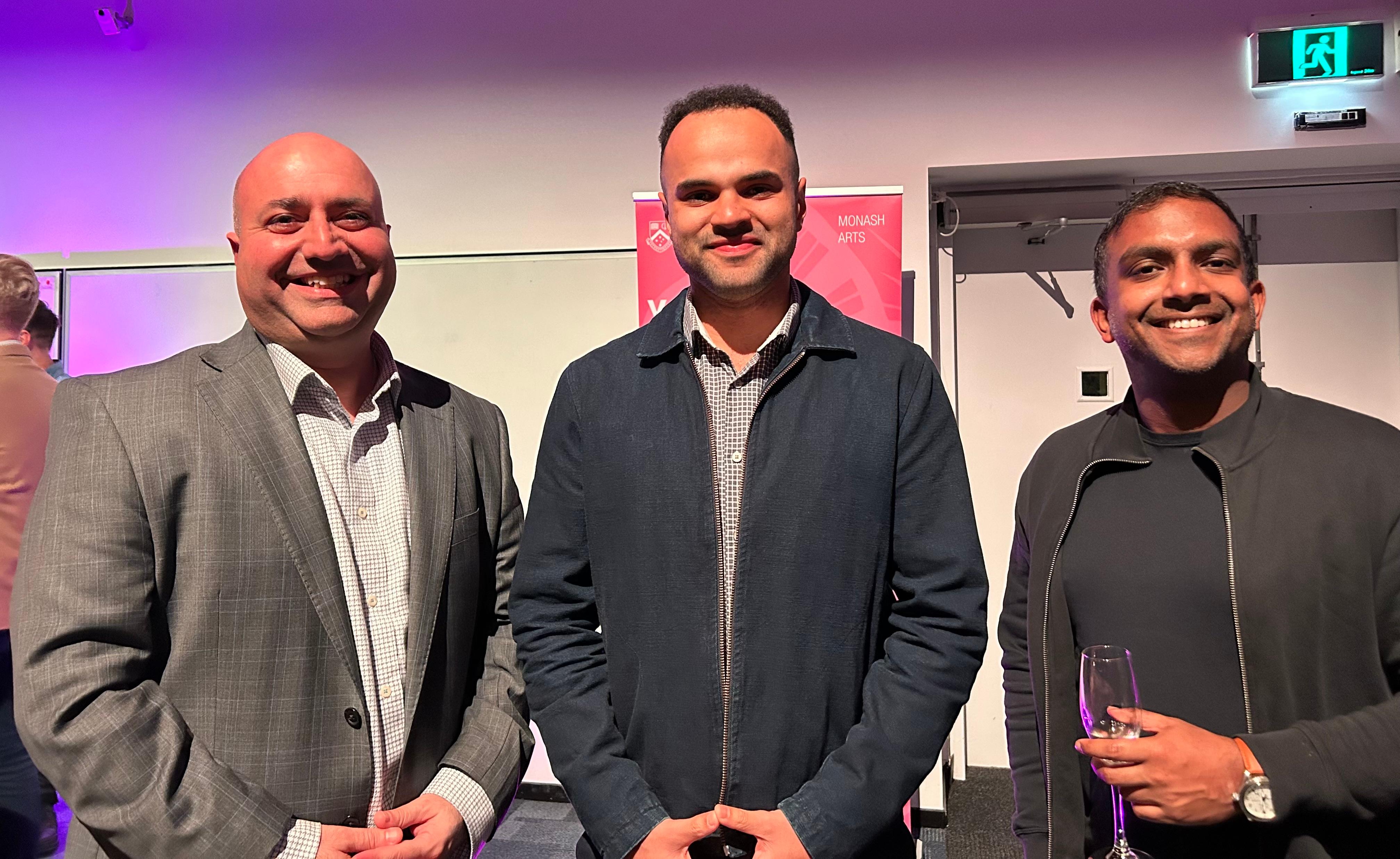
Ghazarian then spoke to the issue of mainstream political parties being able to campaign with relative ease. In short, this is because they are speaking about issues that they are good at talking about, such as cost of living, and not climate change and integrity from the last election.
“So this has been a predominant, very safe territory campaign for [political leaders], and I think that explains the lack of serious gaps, errors, mistakes, and therefore choreography that’s gone with this campaign.”